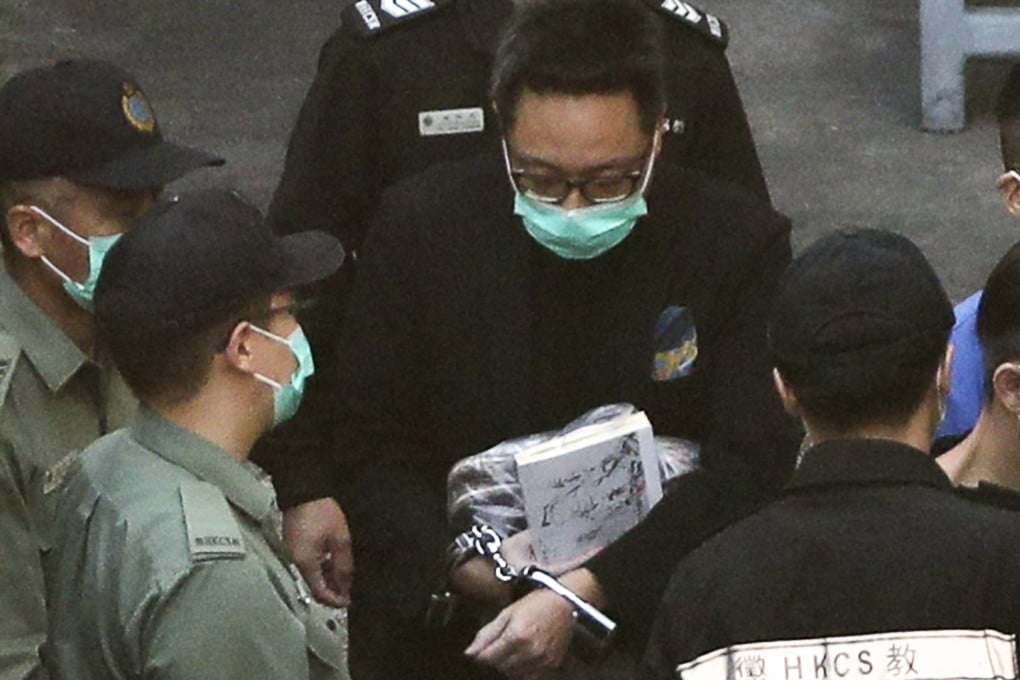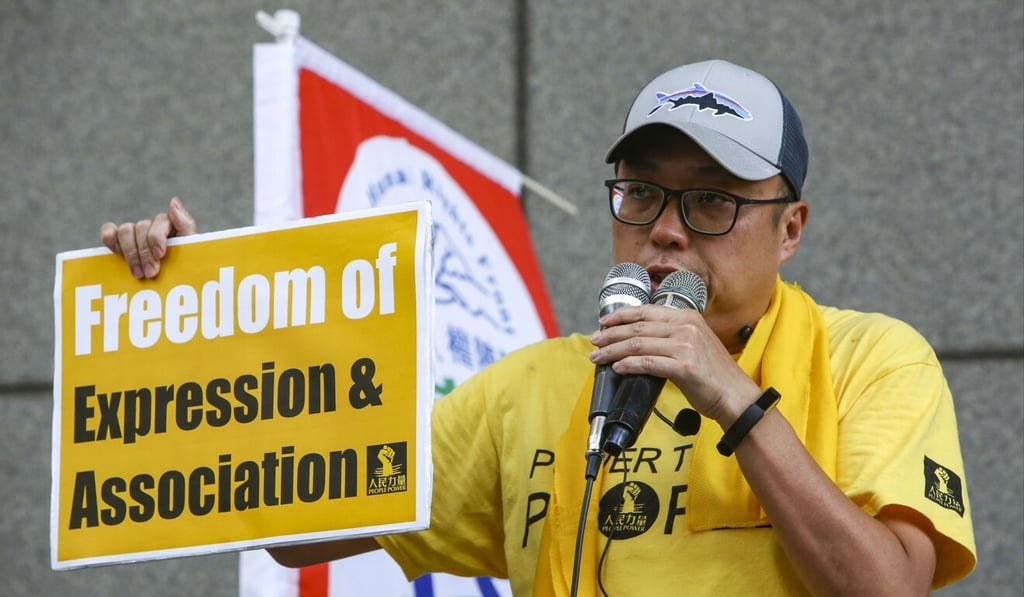Hong Kong judge to decide if cases facing People Power activist warrant national security law appointee
- District Judge Stanley Chan, himself designated to oversee security law hearings, will hear argument that Tam Tak-chi’s cases fall under the legislation
- The localist group vice-chairman faces 14 charges, half of which are tied to the colonial-era offence of sedition

Chief District Judge Justin Ko King-sau on Wednesday assigned Stanley Chan Kwong-chi to hear the prosecution’s application to have Tam’s three cases tried by a judge specially tasked with overseeing hearings related to the security law.
The 48-year-old vice-chairman of the localist group People Power faces 14 charges at the District Court. Half are tied to the colonial-era offence of sedition, while the others relate to public order or social-distancing rules introduced because of the coronavirus pandemic.
His defence lawyers have argued the charges were not offences that endangered national security, and have challenged the applicability of the new law, noting that prosecutors have only recently raised the issue after a number of non-designated judges had already handled earlier stages of the three cases.

They also questioned why a judge with a national security law designation was needed to hear the prosecution’s challenge when a non-designated counterpart would have the same jurisdiction under the District Court Ordinance.